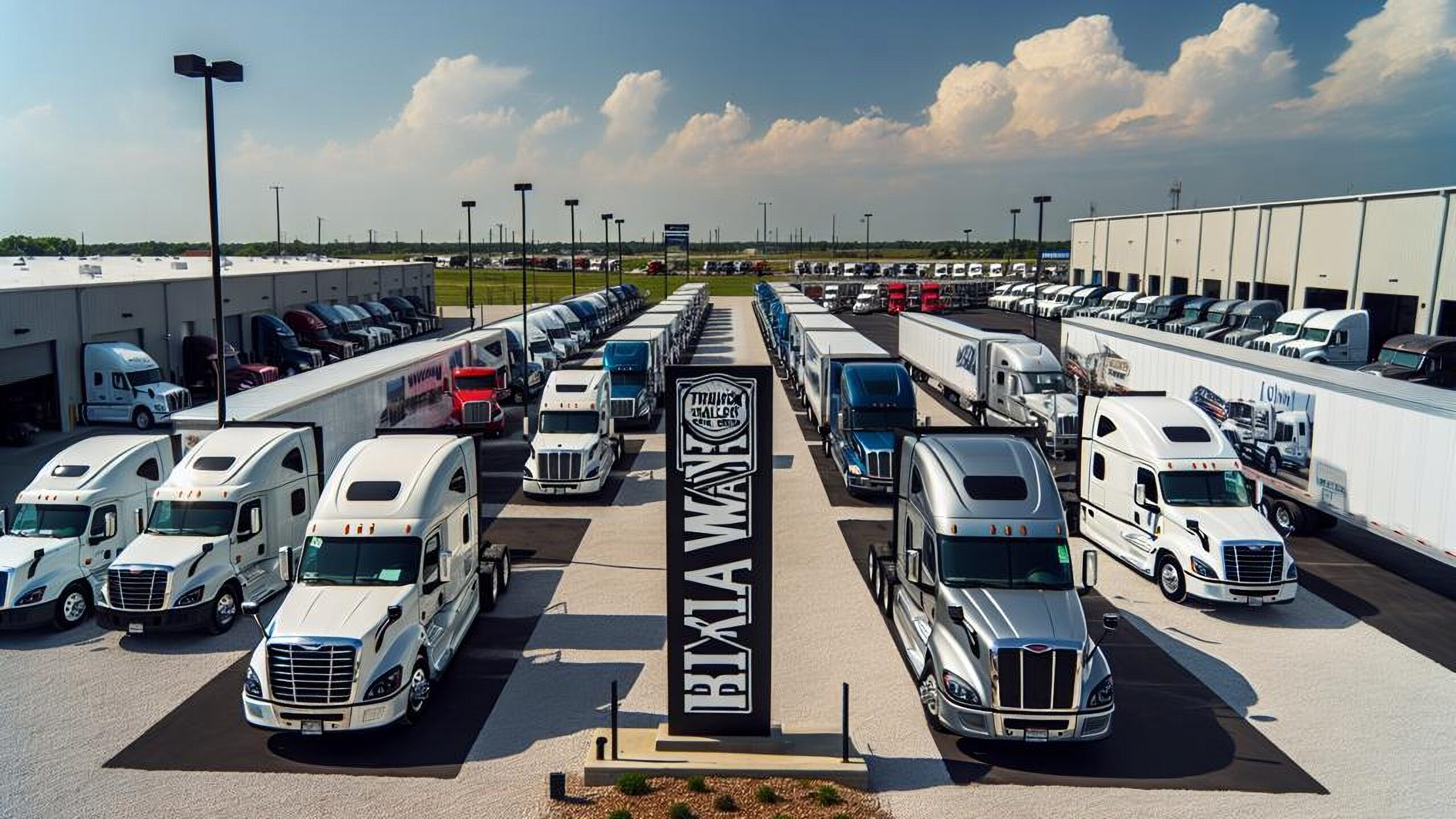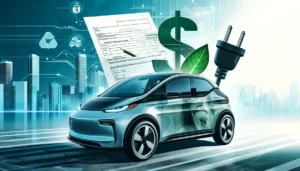In the rapidly evolving landscape of commercial electric vehicles (EVs), dealerships face unique challenges and opportunities. As the industry shifts towards sustainable solutions, the integration of artificial intelligence (AI) emerges as a critical factor in optimizing operations, enhancing customer experiences, and driving business growth. Drawing insights from the latest advancements in the commercial EV sector, this article explores how dealerships can leverage AI to stay competitive and thrive in the market.
1. Enhanced Inventory Management
AI-powered inventory management systems can revolutionize how dealerships handle their stock. By analyzing historical sales data, market trends, and customer preferences, AI algorithms can predict demand for specific vehicle models and configurations. This enables dealerships to maintain optimal inventory levels, reduce holding costs, and avoid overstocking or understocking issues. Real-time inventory tracking and automated restocking alerts further streamline operations, ensuring that popular models are always available.
2. Personalized Customer Experiences
Personalization is key to attracting and retaining customers in the competitive automotive market. AI-driven customer relationship management (CRM) systems can analyze customer data to provide tailored recommendations and personalized communication. By understanding individual customer preferences, dealerships can offer customized vehicle options, financing plans, and maintenance packages. This level of personalization not only enhances the customer experience but also increases the likelihood of repeat business and positive referrals.
3. Predictive Maintenance and After-Sales Services
AI can significantly improve the efficiency of after-sales services through predictive maintenance. By collecting and analyzing data from vehicle sensors, AI algorithms can predict potential issues before they become critical problems. Dealerships can proactively schedule maintenance appointments, minimizing downtime for customers and reducing warranty costs. Additionally, AI-powered diagnostic tools can streamline the repair process, enabling technicians to quickly identify and address issues, ultimately enhancing customer satisfaction.
4. Optimized Pricing Strategies
Pricing strategies in the automotive industry are complex and dynamic. AI can assist dealerships in setting competitive prices by analyzing various factors such as market demand, competitor pricing, and historical sales data. Dynamic pricing algorithms can adjust prices in real-time based on changing market conditions, ensuring that dealerships remain competitive while maximizing profitability. This data-driven approach to pricing helps dealerships attract price-sensitive customers and optimize their revenue.
5. Improved Marketing Campaigns
AI can transform marketing efforts by providing valuable insights into customer behavior and preferences. Machine learning algorithms can analyze data from various sources, including social media, website interactions, and past purchases, to identify target audiences and predict their buying intent. Dealerships can leverage this information to create highly targeted and effective marketing campaigns. AI-powered tools can also optimize ad placements and budgets, ensuring maximum return on investment (ROI) for marketing spend.
6. Streamlined Financing and Loan Approvals
Financing is a critical aspect of vehicle purchases, and AI can streamline the approval process for both customers and dealerships. AI algorithms can assess creditworthiness by analyzing a range of financial data points, allowing for faster and more accurate loan approvals. This reduces the time customers spend waiting for financing decisions and enhances their overall buying experience. For dealerships, quicker loan approvals mean faster sales cycles and improved cash flow.
7. Enhanced Customer Support
AI-powered chatbots and virtual assistants can provide round-the-clock customer support, addressing common queries and guiding customers through the buying process. These tools can handle a wide range of tasks, from answering questions about vehicle features to scheduling test drives and service appointments. By automating routine interactions, dealerships can free up staff to focus on more complex customer needs, ultimately improving efficiency and customer satisfaction.
Conclusion
The integration of AI in the commercial EV sector presents dealerships with a powerful toolset to enhance their operations, improve customer experiences, and drive business growth. Dealerships can leverage AI for inventory management, personalized customer interactions, predictive maintenance, optimized pricing, targeted marketing, streamlined financing, and enhanced customer support, dealerships can stay ahead of the competition and capitalize on the growing demand for commercial electric vehicles.
__
Written by Eddie Schick
June 2024




